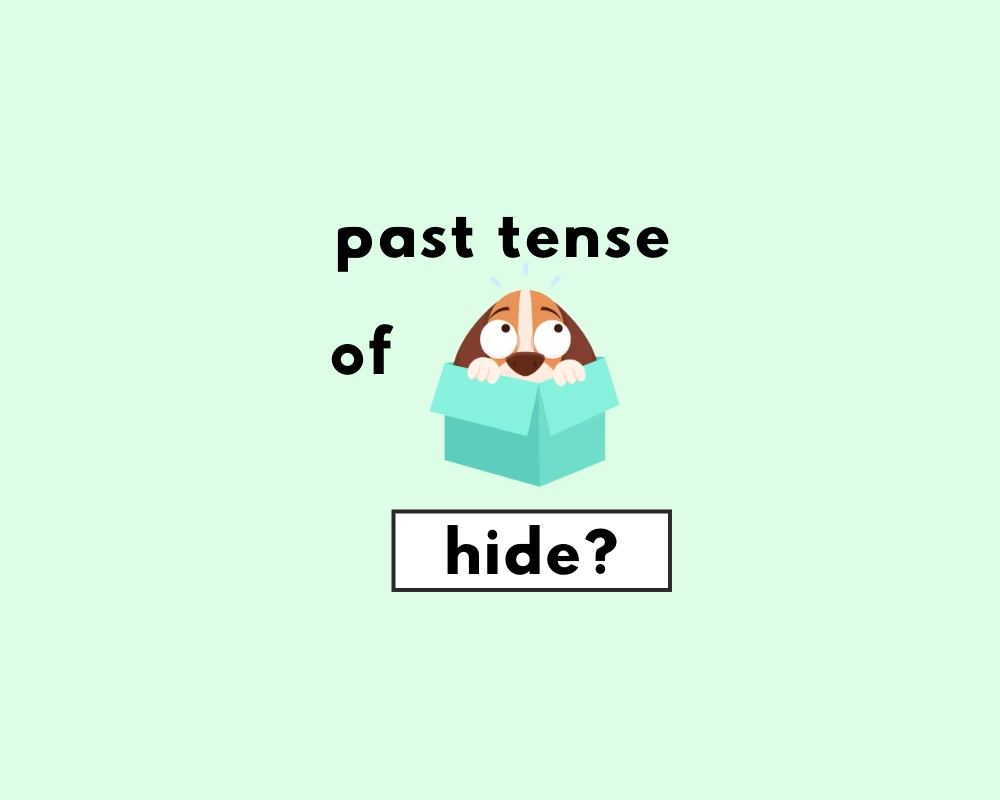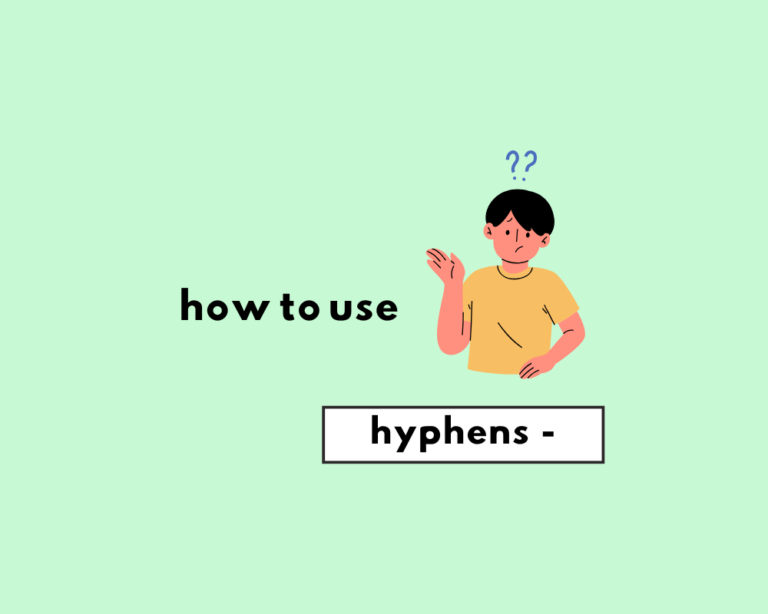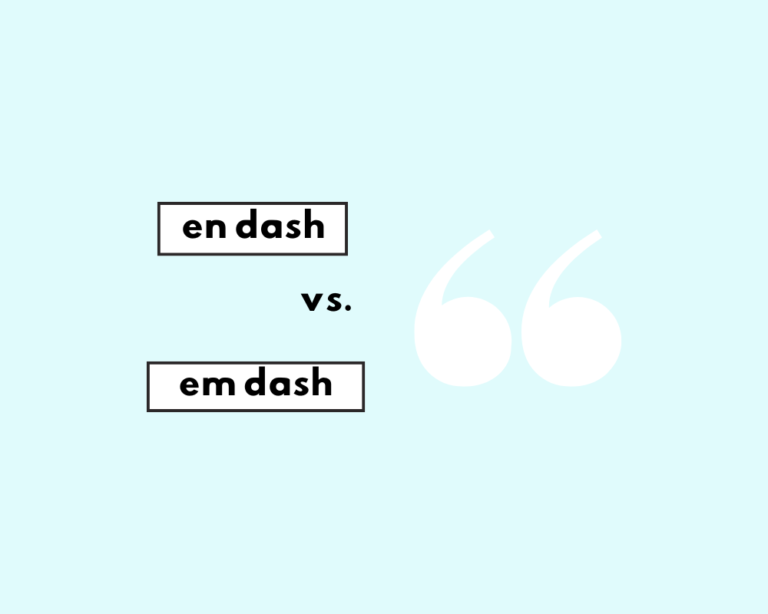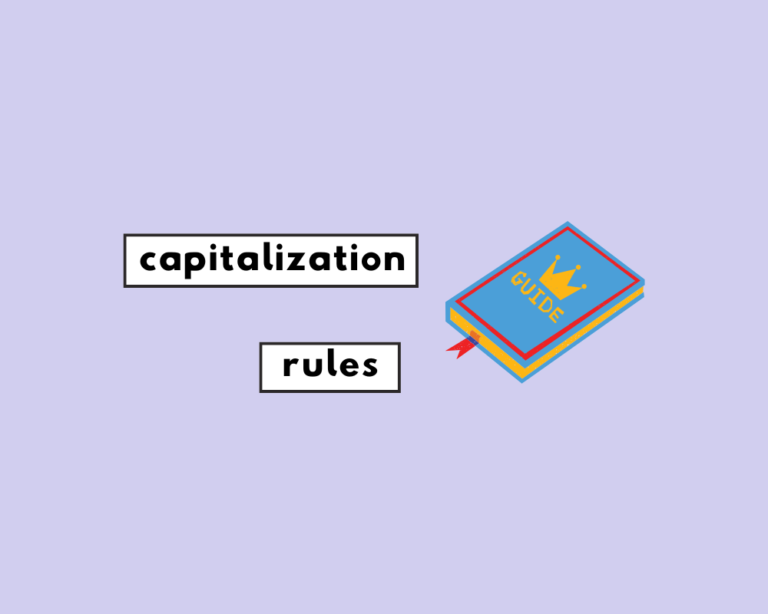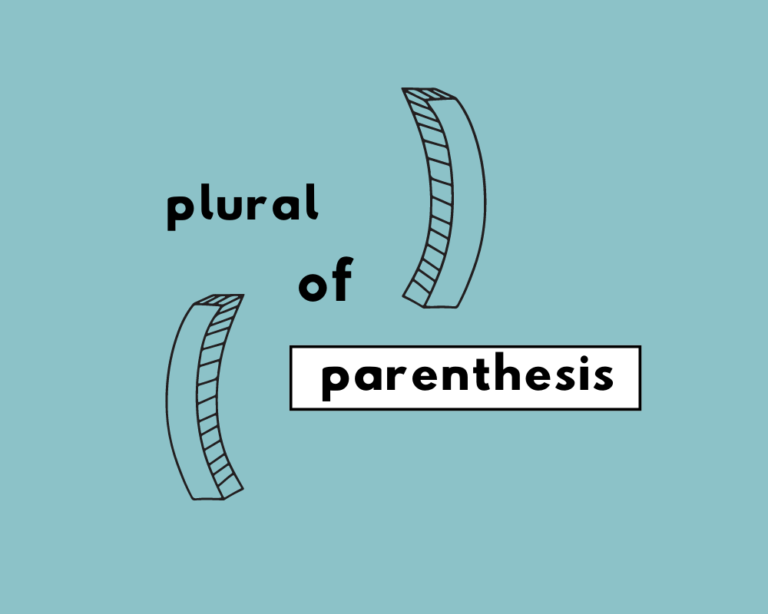
Contents
Toggle
What’s the past tense of “hide”?
Unless you’re referring to the tanned animal skin, the verb hide has two past tense conjugations: hid and hidden.
To hide, which is the action of putting “someone/something where it cannot be seen or found”, is an irregular verb (i.e., its past tenses do not end in “ed”).
- Hid is the simple past tense, and had/have hidden is the past participle form used in perfect/progressive tenses.
Forms of the verb ‘hide’
| present | past | future | |
| simple | I hide | I hid | I will hide |
| continuous | I am hiding | I was hiding | I will be hiding |
| perfect | I have hidden | I had hidden | I will have hidden |
| perfect continuous | I have been hiding | I had been hiding | I will have been hiding |
Some may recognize the Germanic ablaut, which is seen in hide/hid/hidden, along with numerous other irregular English verbs. The ablaut, (which, spoken aloud, sounds like a-blowt), is an inflection in a verb’s form to reflect tense or other aspect of grammar.
English is largely derived from the Western Germanic family of languages, and so while these verb forms might be irregular in English, evidently the Germanic languages had various ways to denote tense, count and other aspects of grammar (besides the standard verb conjugation of adding an –ed).
| base verb | past tense | past participle |
| speak | spoke | spoken |
| write | wrote | written |
| bite | bit | bitten |
| eat | ate | eaten |
| hide | hid | hidden |
| ride | rode | ridden |
The ablaut pattern is in the, “systematic vowel alteration in the root of a word to indicate shades of meaning or tense”. The ablaut in its original German is literally translated to “off-sound”. We can hear it in ride, rode, ridden; bite, bit, bitten; write, wrote, written; and hide, hid, hidden.
When to use hid or hidden?
Past tense: He hid the letter in a drawer.
Past participle: No wonder he had kept his feelings hidden from her for so long.
The use of the past participle form, hidden, creates the passive voice, along with the perfect aspect in grammar. The perfect aspect is “a verb construction that describes events occurring in the past but linked to a later time, usually the present.”
We often use the past perfect tense when we refer to more than one action or event that occurred in the past, and want to clarify the order in which these events took place. We form the past perfect tense by pairing the auxiliary verb, had, with the past participle form of the verb, e.g., hidden.
“Hide” / “hid” / “hidden”, used in sentences
| Examples: hide, used in sentences |
| She hides herself away in her office all day. I have never tried to hide the truth about my past. She struggled to hide her disappointment. |
| Examples: hid/hidden, used in sentences |
| He hid the book under his bed. They hid me from the police in their attic. The little porch was hidden from view by a screen of yellow roses and Southern smilax. Hypnotherapy can bring out previously hidden emotions. |
Practice questions: forms of ‘hide’
| Select the correct verb form to complete the sentences. | Answers: |
|---|---|
| 1. I could not ___ my joy at seeing him again. | a. hid b. hide c. hiding d. were hidden |
| 2. She ___ behind a huge mane of thick hair. | a. hid b. hide c. hiding d. were hidden |
| 3. She hid her phone in the box. | a. hid b. hide c. hiding d. were hidden |
| 4. The truth may well remain hidden forever. | a. hid b. hide c. hiding d. were hidden |
| 5. No wonder he had kept his feelings hidden from her for so long. | a. hid b. hide c. hiding d. were hidden |
| 6. They’ve ___ for hours. | a. hid b. hide c. hiding d. were hidden |
| 7. He had hidden the illness from his boss. | a. hid b. hide c. hiding d. were hidden |
Answers
- a
- c
- c
- d
- b
- b
- a
Phrases with hide
| Phrase | Meaning |
|---|---|
| To hide one’s face in shame | To be so embarrassed so you cover your face. |
| Hide-and-seek | Meant literally; you’re hiding; or playing the game of hide-and-seek. |
| To hide your lights under the bushel | To hide your talent from others or the public. |
| Hide one’s head in the sand | Meaning to feel embarrassed. |
| Have a thick hide/hide like a rhinoceros | Not offend easily to criticism or insults. |
| Hide/hidden in plain sight | Said when you can’t find something but it’s in front of your eyes, or figurative when something is extremely obvious. |
| Haven’t seen hide nor hair | Cannot find a modicum of evidence of someone/something. |
| To tan someone’s hide/save your hide | To berate or punish someone harshly. |
| You can run, but you can’t hide | You can’t escape from your problems. |
Origin of the verb hide
From etymology online on hide (v.):
Old English hydan (transitive and intransitive) “to hide, conceal; preserve; hide oneself; bury a corpse,” from West Germanic *hudjan.
Read about other confusing verbs!
| Types of verbs & verb tenses | what’s the past tense of …? |
| forms of ‘to be’ | … seek? |
| auxiliary verbs | … teach? |
| present tense | … catch? |
| future tense | … buy? |
| past tense | … read? |
| perfect tense | … ring? |
| transitive vs. intransitive | … drive? |
| participles | … throw? |
| irregular verbs | … lead? |
| modals | … win? |
Learn more about verbs
Sources
1. Harper Douglas, “Etymology of hide,” Online Etymology Dictionary, accessed January 14, 2023, https://www.etymonline.com/word/hide.
2. “Hide.” Farlex Dictionary of Idioms. 2015. Farlex, Inc 16 Jan. 2023 https://idioms.thefreedictionary.com/hide
3. Nordquist, Richard. “Perfect Aspect of Verb Construction.” ThoughtCo, Aug. 27, 2020 thoughtco.com/perfect-aspect-1691604.).
4. Wikipedia. 2023. “Indo-European ablaut.” Wikimedia Foundation. Last modified January 10, 2023. https://en.wikipedia.org/wiki/Indo-European_ablaut.

